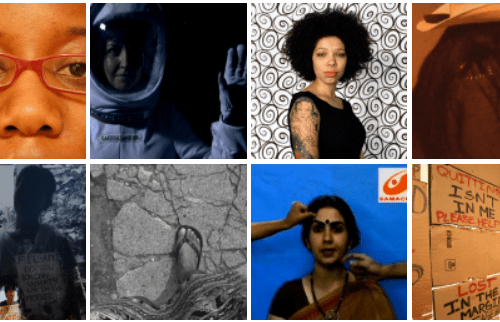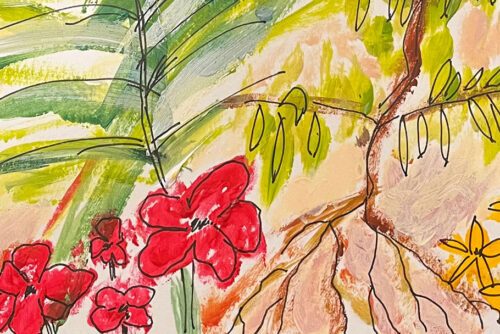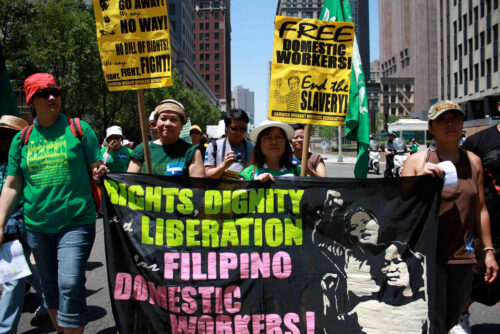Part of practicing accountability is to create the spaces we are meeting in together to share knowledge, tools and strategies. In this, SONG brings core agreements and protocols with an emphasis on positive ways of interacting. 1 Against the background of oppression we are asked how we relate to each other. As simple as it may sound and as vital as it is to sustain a movement, we ask ourselves what makes us feel good and fulfills our longing and desires. We ask what could be an ideal space, what creates the conditions that make us feel good, uplifted, and possible as we work together across differences—in a particular Organizing School or local mentorship circle or in the context of a broader social justice movement.
By sharing our version and vision of SONG in the form of this article, we hope to have shown how through SONG’s political framework of asking what our “longings and desires” are, we can become inspired to build locally, regionally, and globally beyond geographical, political, and spiritual borders. As we acknowledge how we are all implicated in violent structures and in power relations, we challenge ourselves and each other “to be transformed in the service of our work.” As we invite our experiential and emotional knowledge, we can hold and support each other towards resiliency and longevity in our present and coming movements for social justice. Let us close, then, with a quote from one of our authors:
“Having the courage to speak to our singing hearts, SONG does not presume to escape difficult histories to transform our collective selves. We are instead asked to sit in grief inside of our love and liberation and to build a powerful resiliency that can hold both without putting one down for the other. As mentioned through Evelyn, ‘we do not have the luxury to keep anyone out.’ My addition is that we do not have the luxury to shame or isolate anyone for harm they may have done, and we do have the tools to imagine how to transform the harm and learn how to take care of one another. SONG dreams and imagines what and who we are to make these things possible.” —Cara



